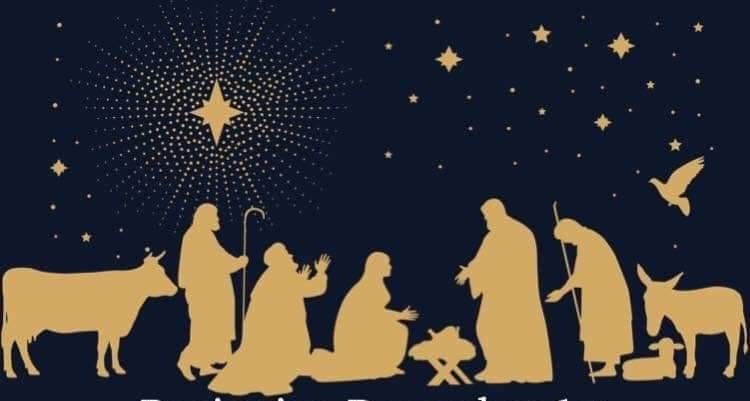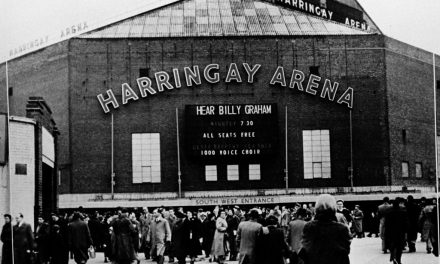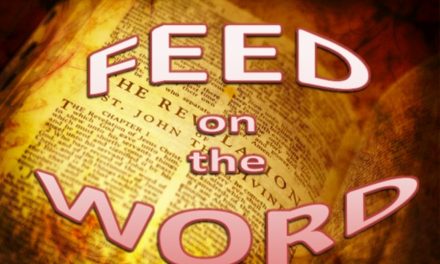Our familiarity with the Christmas story sometimes makes us forget about the difficult circumstances surrounding Jesus’ birth. John’s Christmas story is abstract and philosophical. Luke invites we who wrap ourselves blankets of comfortable familiarity that seldom looks beyond our own families or welfare to enlarge our vision of God’s purposes, and to join God in the movement to a renewed world (Luke 2). Luke and Mary lived in the shadow of the “Romans, they knew the thrones of the powerful and “the humiliation of the slave,”
Let us recall that Jesus was born in a stable. The animals might have been noisy and may even have smelled unpleasant. Joseph and Mary were far from home in a city that was crowded and under the occupation of foreigners. The shepherds may have been unclean from their time in the fields. Jesus, being born to poor parents, in an environment of extreme poverty, is telling us where He dwells – not in places of majesty and glamour but among the poor and the down-trodden, the sick and dying, the hungry, the oppressed and in those we love and even in those we hate. In short, Jesus is among us.
The real problem today is that we are waiting for God to literally come to us. We celebrate His birth just like that of any one of us – offering prayers, eating, drinking and making merry. We celebrate his coming into the world but we do not welcome Him into our hearts and lives. John Paul II, in his Angelus message of December 19, 1999, explained that Christmas is not simply the remembrance of the Event that took place 2000 years ago in a little village of Judea when, according to the Gospel, the power of God took on the frailty of a baby. According to him, it is really about a living reality that is repeated every year in the heart of believers. The Word who found a dwelling in Mary’s womb comes to knock on the heart of every person with singular intensity. ‘The mystery of the Holy Night, which historically happened 2000 years ago, must be lived as a spiritual event in the ‘today’ of the Liturgy.’ The expectation is that Christmas is not just about commemorating the historical event but a necessity to understand that the whole of our life must be an ‘advent’ a vigilant awaiting of the final coming of Christ. According to the Creed, Jesus Christ is coming back to judge the living and the dead, hence the need to recognise him as present in the events of daily life. For Christ to come into our life as God become really incarnate for us, the fire of Advent have to be present in our lifestyle and prayers.
Amidst our celebrations this Christmas, let us pause a while to look around us to recognise that Jesus who was born into the world two thousand years ago. He is among us in every person and in every trial and tribulation we encounter in our lives. Let us take a moment to look around to recognise Him in those who do not have joy, love, hope, and peace in their lives. Just as Advent connects our memory and hope. Christmas awakening points to the memory of God who became a child but will return as a judge. According to Pope Benedict, the purpose of the advent annual rehearsal in the Church’s year is to awaken our heart’s memory and discernment of the star of hope. A permanent Christmas quality to the Christian life is the call to wait and watch and keep vigil ‘until the coming of the Lord’ (James 5:7). Christianity is about witnessing and active expectation for the second coming of Jesus in the fullness of his power. One of our carols said, ‘cast out our sin and enter in, be born in us today. This can be done by simply accepting Jesus as your Saviour. Merry Christmas and Glory to Jesus.
JESUS IS COMING AGAIN, ARE YOU PREPARED?











Recent Comments